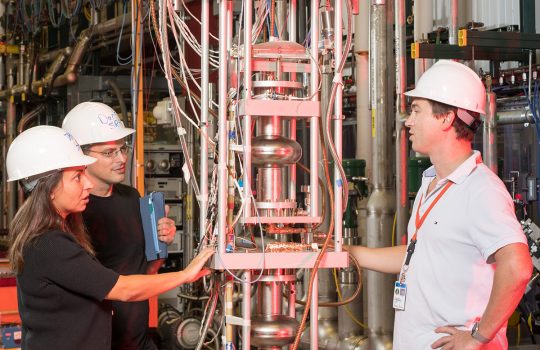Chicago Quantum Exchange welcomes seven new partners in tech, computing and finance, to advance research and training
From the Chicago Quantum Exchange, July 7, 2020: The Chicago Quantum Exchange has added to its community seven new corporate partners in computing, technology and finance that are working to bring about and primed to take advantage of the coming quantum revolution. These new industry partners are Intel, JPMorgan Chase, Microsoft, Quantum Design, Qubitekk, Rigetti Computing, and Zurich Instruments. The Chicago Quantum Exchange is anchored by the University of Chicago, Fermilab, Argonne National Laboratory and the University of Illinois at Urbana-Champaign, and it includes the University of Wisconsin-Madison and Northwestern University.


